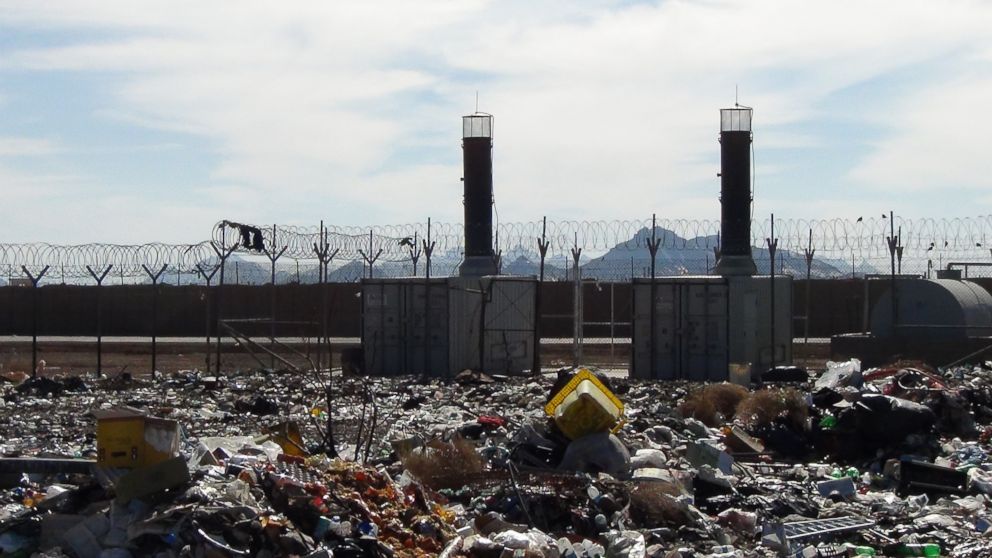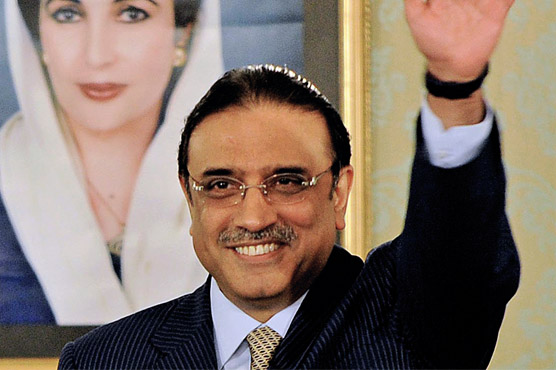By Adam Coogle
When King Salman, Saudi Arabia’s new monarch, issued a general amnesty for Saudi “public rights” prisoners on January 29, Saudi activists and observers felt the first glimmer of hope in some time that the kingdom’s relentless persecution of peaceful dissidents and human rights activists may be nearing its end.
Their hopes evaporated almost immediately, however, when authorities issued the text of the pardon, which excludes those sentenced for a wide variety of charges, most notably “crimes that harm national security.” That category, which is undefined within the Saudi criminal justice system, could apply equally to those convicted of committing violent acts, to a host of imprisoned peaceful activists convicted of vaguely-worded security crimes such as “sowing discord,” “inflaming public opinion,” or “harming public order”—largely on account of their peaceful speech and writings.
But what have activists said or written that could reasonably be described as “criminal” or harmful to national security? How do Saudi prosecutors and judges decide what speech is acceptable and what is not?
I reviewed the trial judgment against the liberal activist Raif Badawi, whose case came to international attention over his sentence of 1,000 lashes, as well as prison. The judgment lists a host of allegedly “criminal” statements he made. They include: “The atheist has the right to say what he wants. He has the right to go out among people and with an honest voice say, 'I am an atheist and no one has the right to hold me to account,'”; “The liberal network is a liberal forum that adopts enlightened thought free from the authority of religious thought”; and “Salafis believe that they have a monopoly on truth and the state assists them.”
These assertions, among others, formed the basis of the prosecution’s case against Badawi, and his guilt was assured when he acknowledged making some of them. The main issue at Badawi’s trial was not whether the statements he made actually insulted Islam or religious authorities, but merely whether he had made the statements, which were already assumed to be unquestionably criminal.
Badawi’s case was far from unique or even exceptional, as Saudi Arabia regularly sentences activists to draconian punishments on such spurious grounds, listing examples of “criminal” speech without any serious evaluation of how or why they should be deemed criminal. Much of this is made possible by the absence of a written penal code, which enables prosecutors and judges to conclude that a citizen has uttered public criticism and categorize it as “breaking allegiance with the ruler,” “insulting religious authorities,” or some other vague crime, rather than proving that the defendant has committed the elements of a specifically defined crime that is set out in law.
Authorities also abuse a few vaguely worded criminal statutes such as the 2007 anti-cybercrime law to punish peaceful expression. Article six of that law criminalizes “producing something that harms public order, religious values, public morals,”—a definition so vague and wide-ranging that it allows prosecutors and judges to send Saudis to jail for almost any form of online expression of which they disapprove.
Waleed Abu al-Khair, a Jeddah-based human rights lawyer, is serving a grotesquely harsh 15-year prison sentence for critical comments he made in interviews and tweets. They included his sadly ironic comment that, “The Saudi judiciary does not emerge from the basis of the nation watching over its rulers because it is not an independent authority… [This is] because the Saudi judiciary is without defined judicial rules in political cases, and because the judiciary violates human rights and devours its advocates.”
Abu al-Khair’s statement was deemed “insulting to the judiciary” by the Saudi court that jailed him. Yet sadly, it is an accurate description of the state of things in Saudi Arabia, where the judiciary serves to ensure a society in which the right to free expression is prohibited and public criticism is harshly punished under the banner of “national security.”
Until King Salman takes stock of the country’s widespread abuse of the right to free expression and orders the unconditional release of all peaceful activists convicted for speech-related crimes, the country will be rightly viewed as a place where exercise of the right to free speech is harshly and arbitrarily punished.
http://www.newrepublic.com/article/121040/saudi-arabias-new-monarch-should-fix-his-kingdoms-penal-code









